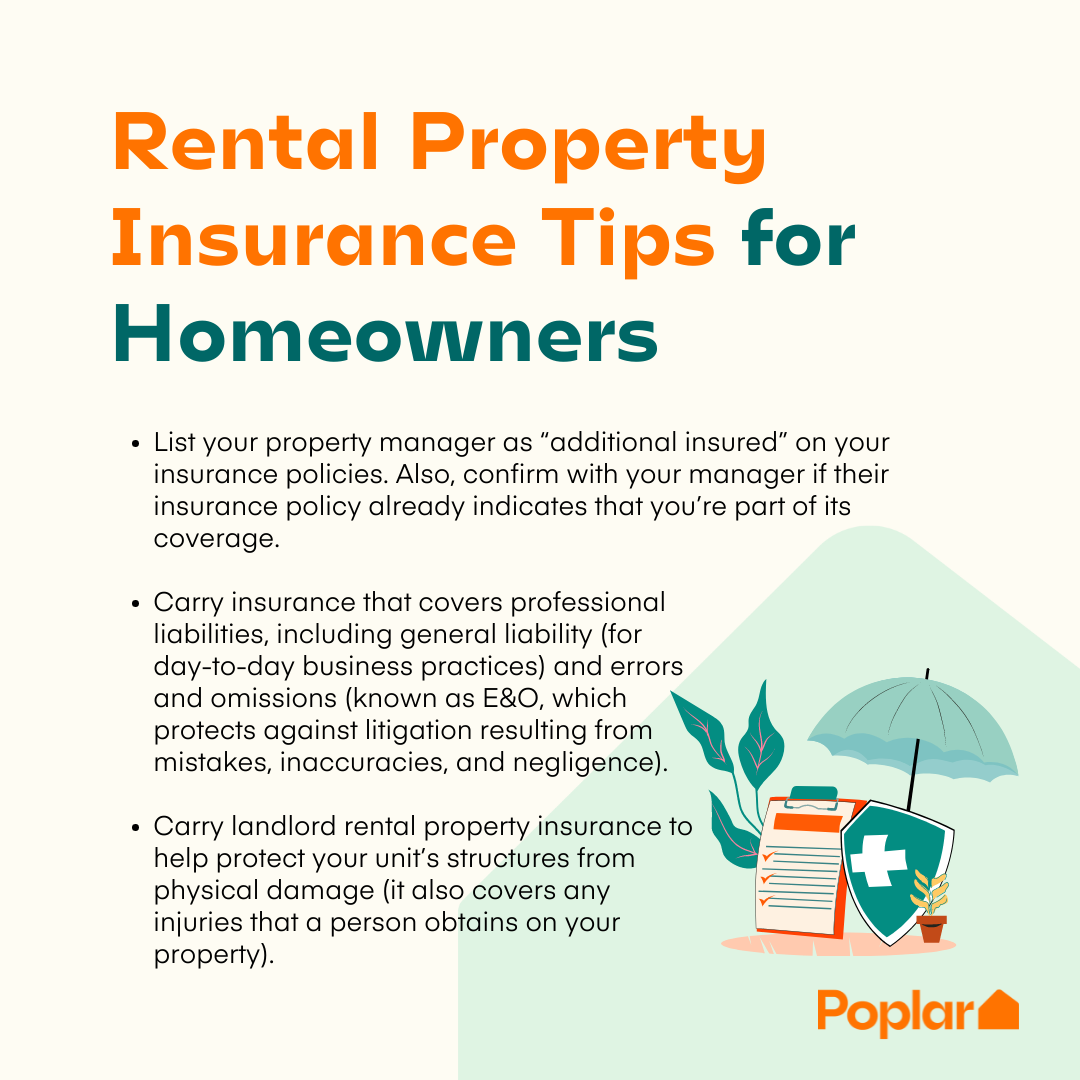When you own a rental property, it is essential to protect your investment by obtaining the right insurance coverage. Rental property insurance not only covers the property itself but also provides liability coverage in case of accidents or damages caused by tenants or visitors. In this article, we will discuss some valuable tips to help you navigate the world of rental property insurance.
Table of Contents
1. Understand Your Coverage Needs
Before purchasing rental property insurance, evaluate your coverage needs by considering factors like the location, type of property, number of units, and estimated rental income. If you own a multi-unit complex, you may need a different type of policy compared to a single-family home.
2. Choose the Right Insurance Company
Research and compare insurance companies that specialize in rental property insurance. Look for reputable companies with good customer reviews and financial stability. Consider their experience in the field, customer service, and claims processing efficiency.
3. Insure the Property for Its Full Value
It is crucial to insure your rental property for its full value to ensure you are adequately protected. Underinsuring can leave you vulnerable to financial losses in case of a major incident like a fire or natural disaster. Perform regular property valuations to make sure your insurance coverage reflects the property’s current value.
4. Understand the Different Types of Coverage
Rental property insurance typically includes dwelling coverage, loss of rental income, liability coverage, and personal property coverage. Familiarize yourself with each type of coverage and assess if additional coverage, such as flood or earthquake insurance, is necessary based on your property’s location.
Table: Common Types of Rental Property Insurance Coverage
| Type of Coverage | Description |
|---|---|
| Dwelling Coverage | Covers the physical structure of the property. |
| Loss of Rental Income | Provides coverage for lost rental income due to a covered peril. |
| Liability Coverage | Protects against lawsuits resulting from injuries or property damage caused by tenants or visitors. |
| Personal Property Coverage | Covers damage to or theft of personal property within the rental property, such as appliances or furniture. |
5. Have a Clear Tenant Screening Process
Avoid potential problems and reduce the risk of claims by implementing a thorough tenant screening process. Consider conducting background checks, verifying employment and income, and checking with previous landlords. A responsible tenant reduces the chances of property damage and liability issues.
6. Maintain Proper Documentation
Documenting everything related to your rental property is crucial for insurance purposes. Keep records of maintenance and repairs, tenant agreements, receipts, and any interactions with tenants or contractors. In the event of a claim, having comprehensive documentation will make the process smoother and increase the chances of a positive outcome.

Credit: www.poplarhomes.com

Credit: m.youtube.com
7. Regularly Review and Update Your Policy
As your rental property evolves, make sure to review your insurance policy periodically and update it accordingly. Changes such as renovations, additions, or changes in occupancy should be reflected in your coverage. Regularly communicating with your insurance provider ensures your policy aligns with your current situation.
8. Consider an Umbrella Policy
An umbrella policy provides additional liability coverage above the limits of your rental property insurance. It offers protection against claims that exceed the base policy’s coverage limits, safeguarding your personal assets from potential lawsuits. Consult with your insurance provider to determine if an umbrella policy is suitable for your needs.
9. Continuously Communicate with Your Insurance Provider
Establishing a good relationship with your insurance provider is important. Regularly communicate with them, inform them of any significant changes, ask questions, and understand the details of your policy. Promptly report any incidents or claims and keep track of all communication for future reference.
By following these rental property insurance tips, you can ensure your investment remains protected and minimize potential risks. Properly insuring your rental property is a crucial aspect of being a responsible and successful landlord.
Frequently Asked Questions
Is Rental Property Insurance Necessary For Tenants?
Yes, tenants should consider renter’s insurance for protection in cases of unforeseen circumstances.
What Does Rental Property Insurance Typically Cover?
Rental property insurance usually covers damage to the property, liability protection, and loss of rental income.
Why Should Landlords Have Rental Property Insurance?
Landlords should have insurance for protection from risks associated with renting out properties.
How Can I Find Affordable Rental Property Insurance?
Research various insurance providers to compare rates and coverage options for affordable insurance quotes.


